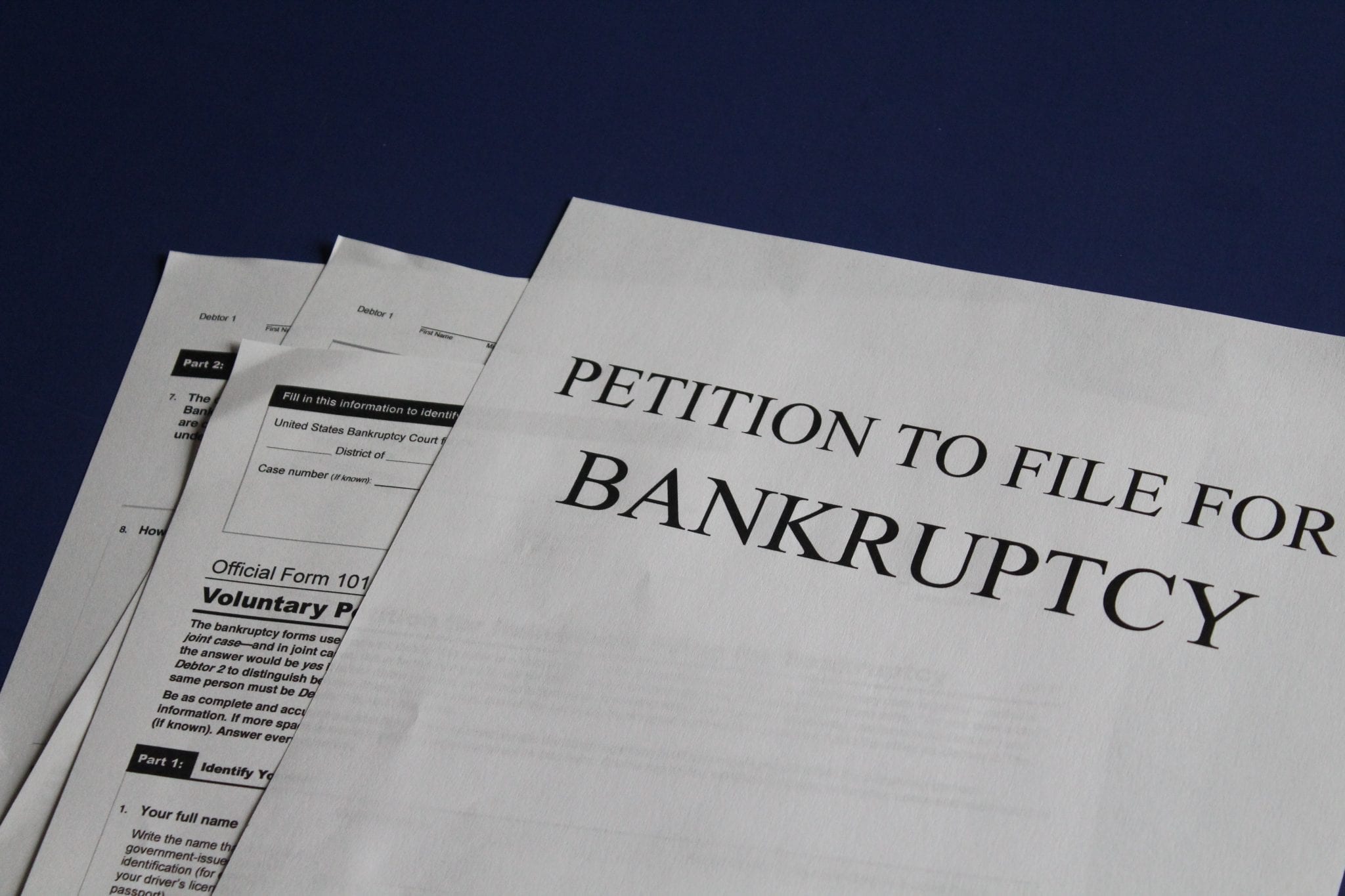With tax season coming up, it’s likely that a number of individuals may be interested to know how they can go about filing tax returns after bankruptcy has taken place.
With tax season coming up, it’s likely that a number of individuals may be interested to know how they can go about filing tax returns after bankruptcy has taken place. For individuals who are hoping to avoid filing taxes after completing a bankruptcy, it is important to consider the responsibility of the taxpayer to share the details of their bankruptcy.
Filing taxes are important to bankruptcy and the bankruptcy code requires people to disclose their debts, as well as completed tax returns, to outline non-dischargeable debts in bankruptcy.
Types of non-dischargeable debts in bankruptcy
Certain types of debts are not considered to be the same as credit card debt or dischargeable debts within bankruptcy. Whether you’re buying a home, paying off medical expenses, or paying off other types of debts, there are a series of debts which are dischargeable under the U.S. bankruptcy code as well as some exceptions.

Certain types of debts like federally backed student loans are not something that can be discharged, but it is something that you can add to a tax return as part of your ongoing debts. Tax debts are also not something that you can negotiate.
Filing tax returns can be important as this is a debt that cannot be forgiven in the same way that many debts can be in bankruptcy. Tax debts, both as a result of unfiled tax returns and charges in relation to those unfiled returns or returns not filed on a regular basis, cannot be cleared or forgiven. Certain other tax debts may be wiped clean in bankruptcy, though.
The Ninth Circuit Court of Appeals determines non-dischargeable debt
A recent news story from the Ninth Circuit Court of Appeals clearly defines some of the main aspects of taxes that can be discharged in a court of law. A man tried to discharge tax debts of around $70,000 in year 2001. The IRS filed a series of substitute returns for him and assessed the ongoing penalties because he had not filed tax returns over several years. After seven years of not filing or amending a return, the man wanted to have this debt from his neglected tax returns discharged in a bankruptcy case.
The court did not directly accept the man’s late return and was not able to allow the debt to be discharged. If he was able to file and pay his tax return every year, it could have been possible that the debt would not exist in the first place. Also, it would have been forgiven if he was unable to pay his taxes.
If you are struggling to pay your current debts and you could use a hand managing ongoing tax returns/bankruptcy, you should consider speaking to a bankruptcy lawyer today. Our company can help you with a qualified bankruptcy lawyer that’s willing to take your case. Whether it’s been many years since you filed a tax return or you are struggling with a series of debts currently, we can take on your case keeping best interests in mind. Don’t let your debts continue to grow, let our company help you today.


Join the conversation!